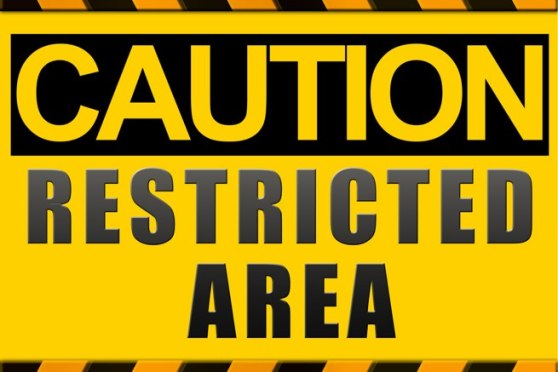Are Rule 504 Shares Free Trading?

Rule 504 (“Rule 504”) of Regulation D of the Securities Act of 1933, as amended (the “Securities Act”) provides an exemption from the registration requirements of the federal securities laws which allows issuers to offer and sell up… Read More
How Can I Raise Capital After the JOBS Act?
A private or public company can raise capital in a variety of ways. Traditional sources of capital for companies include loans from financial institutions such as a bank, or from friends and family as well as receivable financing.
Crowdfunding 101 Q & A

Jobs Act 101 Blog On October 23, 2013, the Securities and Exchange Commission (the “SEC”) proposed Regulation Crowdfunding, setting forth the rules governing the offer and sale of securities through crowdfunded offerings, pursuant to Title III of the Jumpstart Our Business… Read More
What Causes a DTC Chill? Going Public Lawyers

The Depository Trust and Clearing Corporation (“DTCC”), through its subsidiaries, provides clearing, settlement and information services for securities. DTCC’s subsidiary, the Depository Trust Company (“DTC”) was created to improve efficiencies and reduce risk in the clearance and settlement… Read More
The Securities Exchange Act of 1934

The Securities Exchange Act of 1934 (the “Exchange Act”) grants broad authority to the Securities and Exchange Commission (“SEC”) to oversee the securities industry. The SEC’s authority includes the power to register, regulate, and overseebrokerage firms, transfer agents, and… Read More
The SEC Issues Alert For Reverse Mergers

On June 9, 2011, the Securities and Exchange Commission (the “SEC”) issued an Investor Bulletin (the “Bulletin”) cautioning the public about risks associated with issuers that enter U.S. markets through reverse mergers with public shell companies. In the… Read More
Industry Guide 7 l Mining Company Disclosures

In their SEC filings, in addition to the disclosures required by Regulation S-K and 20F, mining issuers must include the disclosures required by Industry Guide 7. All U.S mining companies that are SEC filers are required to report under… Read More
What Is a Transfer Agent ? Going Public Lawyers

A shareholder of any company can own securities and transfer the ownership of those securities. Their ownership is reflected on the issuer’s shareholder list. A transfer agent’s role is to issue and cancel certificates to reflect changes in ownership of… Read More
Rule 144 l The Reverse Merger Blacklist

Traditionally, private companies go public by registering an offering under the Securities Act of 1933, as amended (the “Securities Act”). Another way for private companies to go public is through a Reverse Merger (“Reverse Merger”) with a publicly… Read More
How To Use a Registration Statement When Going Public

Private companies going public with a registration statement (“Registration Statement”) under the Securities Act of 1933, as amended (the Securities Act”). When a Registration Statement is used, the company files it with the SEC, typically on Form S-1 registering… Read More
 Jobs Act 101
Jobs Act 101